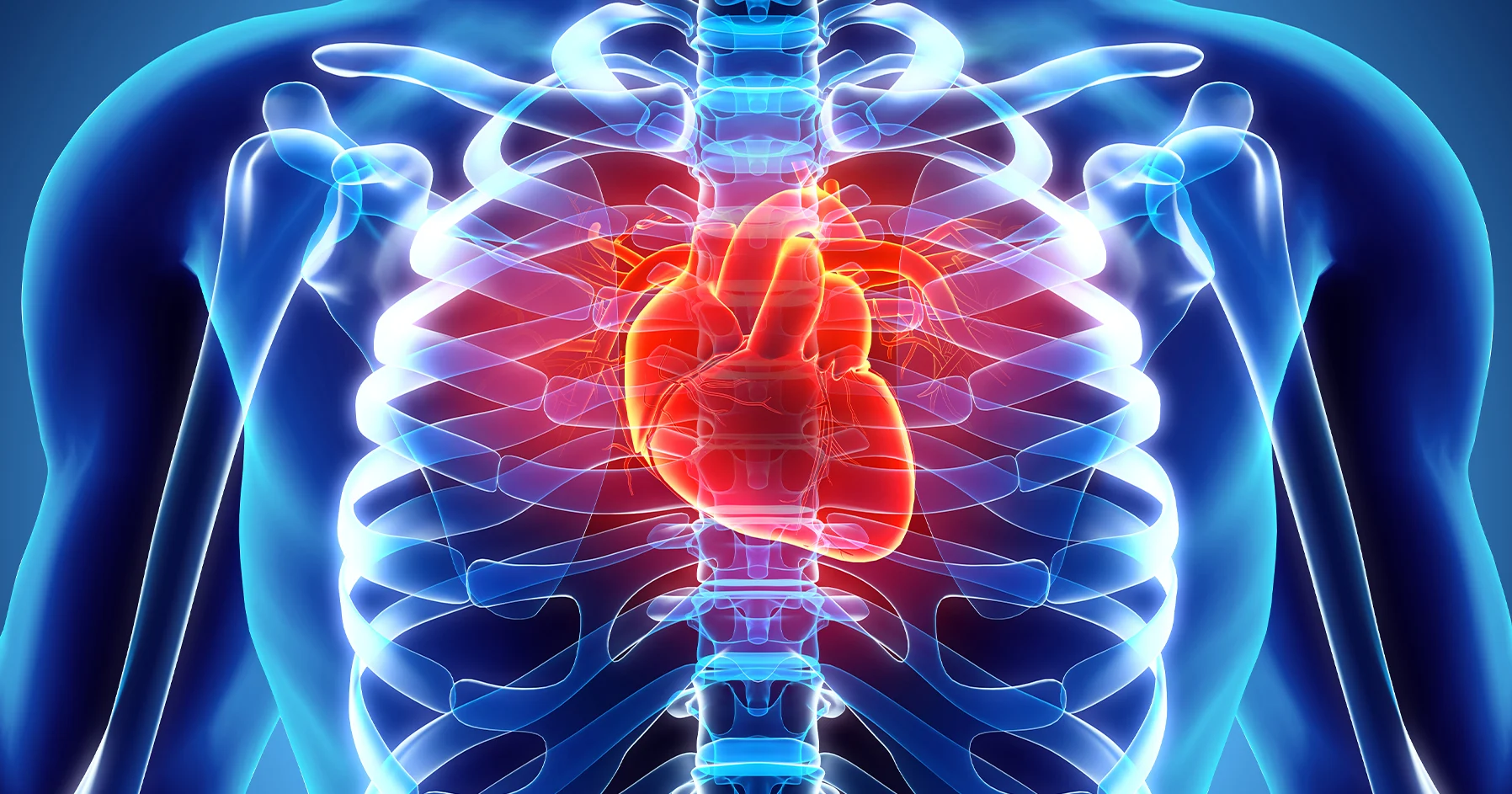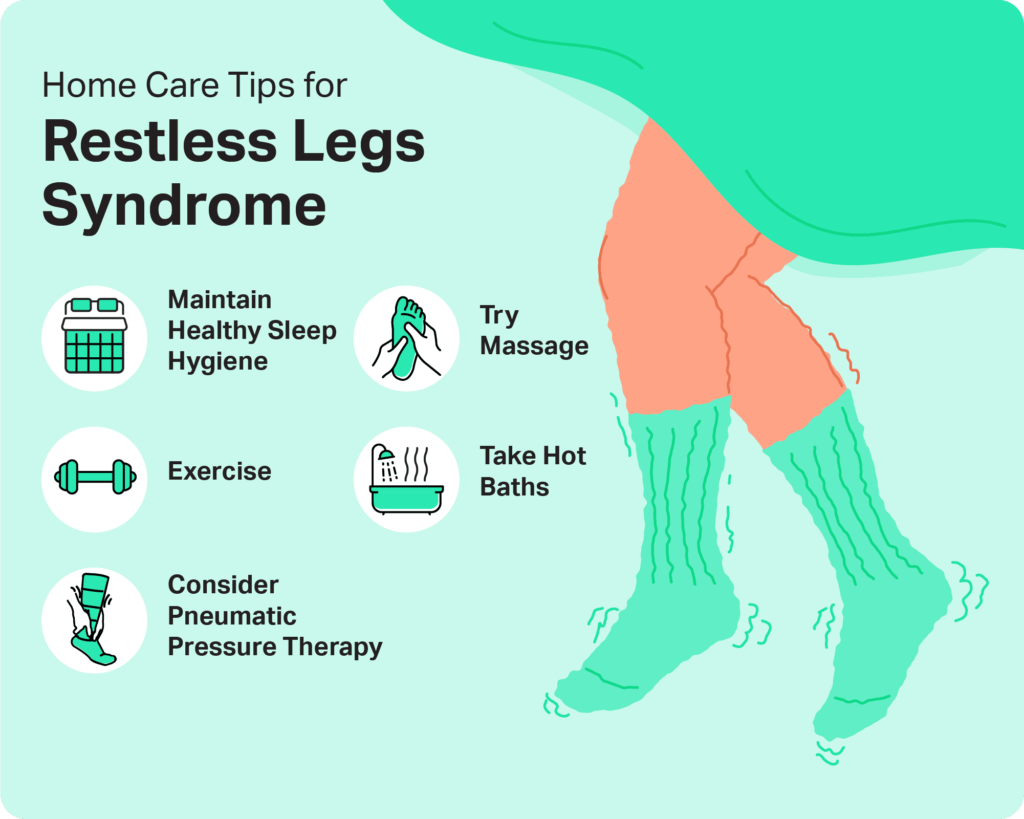Cardiovascular disorders, often referred to as heart disease, are a group of conditions that affect the heart and blood vessels. They are a leading cause of death worldwide.
Types of Cardiovascular Disorders
- Coronary Artery Disease (CAD): A condition where the arteries that supply blood to the heart become narrowed, often due to plaque buildup.
- Heart Attack: Occurs when blood flow to a part of the heart is blocked.
- Stroke: Occurs when blood flow to the brain is interrupted.
- Heart Failure: A condition in which the heart can’t pump enough blood to meet the body’s needs.
- Arrhythmias: Irregular heart rhythms.
- Aortic Aneurysm: A bulge in the aorta, the large blood vessel branching off the heart.
Risk Factors for Cardiovascular Disease
- High Blood Pressure: Elevated blood pressure puts strain on the heart and blood vessels.
- High Cholesterol: High levels of cholesterol can lead to plaque buildup in the arteries.
- Smoking: Smoking damages blood vessels and increases the risk of heart disease.
- Diabetes: Diabetes can damage blood vessels and increase the risk of heart disease.
- Obesity: Excess weight can strain the heart and increase the risk of heart disease.
- Physical Inactivity: Lack of physical activity can increase the risk of heart disease.1
- Family History: A family history of heart disease can increase your risk.
Prevention and Management
- Healthy Diet: A diet rich in fruits, vegetables, whole grains, and lean protein can help reduce the risk of heart disease.
- Regular Exercise: Regular physical activity can help lower blood pressure, cholesterol, and blood sugar levels.
- Quit Smoking: Quitting smoking is one of the best ways to reduce the risk of heart disease.
- Manage Stress: Stress can contribute to heart disease, so it’s important to find healthy ways to manage stress.
- Regular Check-ups: Regular check-ups with your doctor can help identify and manage risk factors.
- Medication: Medications can help manage blood pressure, cholesterol, and other risk factors.
By making healthy lifestyle choices and seeking regular medical care, you can reduce your risk of developing cardiovascular disease and improve your overall health.



